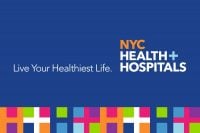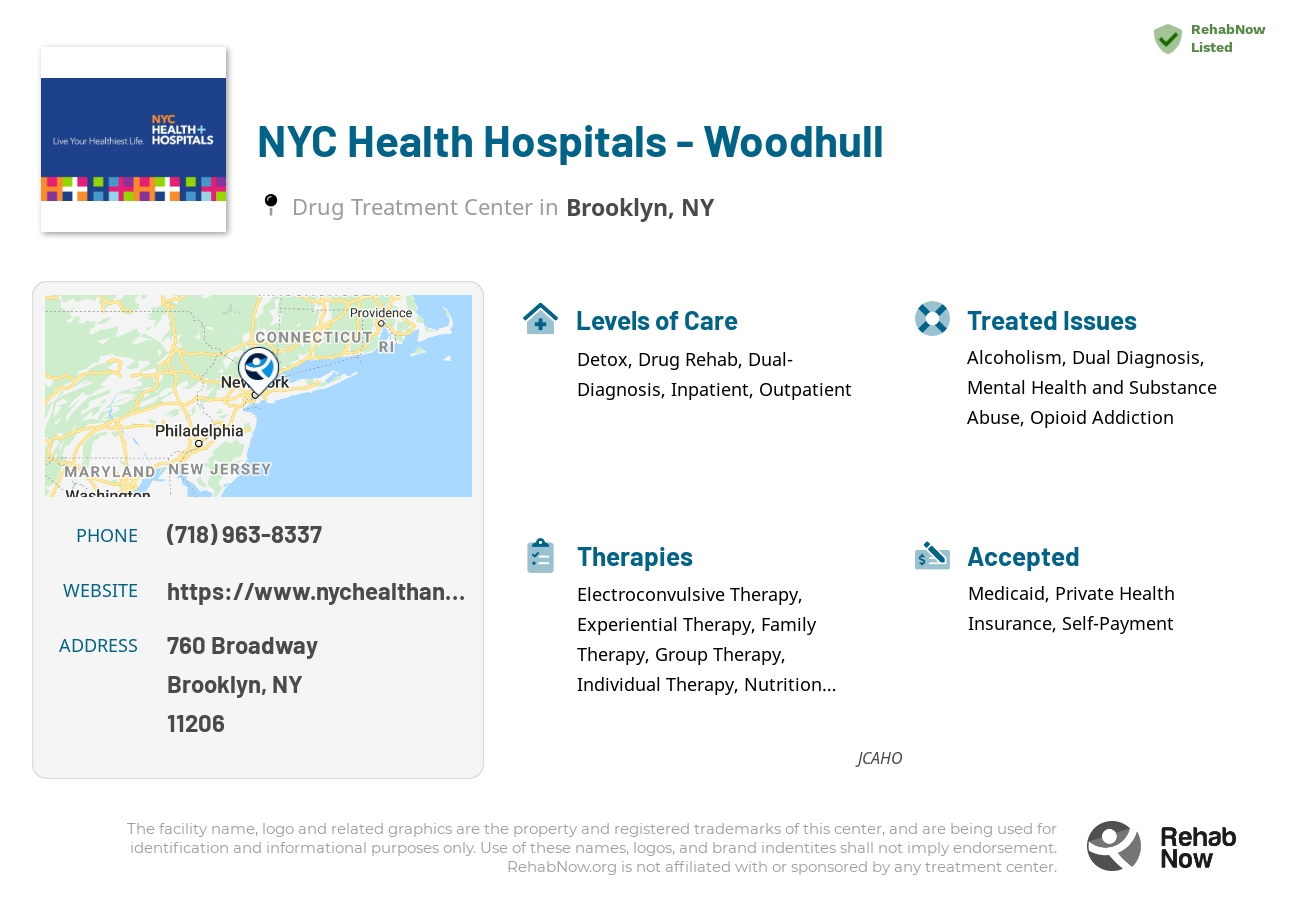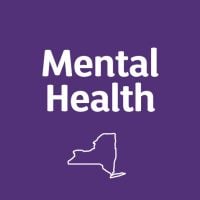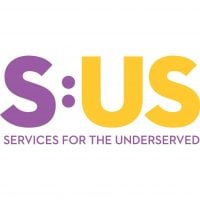NYC Health Hospitals - Woodhull
Drug Rehab Center in Brooklyn, New York
NYC Health + Hospitals - Woodhull in Brooklyn, New York is a reputable treatment facility that specializes in alcoholism, opioid addiction, dual diagnosis, drug addiction, and mental health disorders, offering a range of services including detoxification, inpatient care, outpatient programs, and aftercare support.
About This Brooklyn, NY Facility
NYC Health + Hospitals - Woodhull, located in Brooklyn, NY, focuses on comprehensive mental health services for individuals and families. It stands out for its multidisciplinary approach, offering both inpatient and outpatient psychiatric care tailored to each client's needs.
- Multidisciplinary Team Approach: Psychiatrists, clinical psychologists, nurses, and social workers collaborate to create individualized recovery plans.
- Comprehensive Mental Health Services: Offers a continuum of care including inpatient and outpatient services.
- Accredited and Recognized: Holds certifications from SAMHSA, JCAHO, and a state license, ensuring high-quality care.
NYC Health + Hospitals - Woodhull is accredited by the Substance Abuse and Mental Health Services Administration (SAMHSA) and the Joint Commission on Accreditation of Healthcare Organizations (JCAHO). These accreditations affirm its commitment to providing high-quality, comprehensive care for individuals struggling with addiction and mental health issues.
This facility treats a range of issues including alcoholism, opioid addiction, dual diagnosis, and drug addiction. Treatment methods include detoxification, drug rehabilitation, dual-diagnosis treatment, inpatient care, outpatient programs, and aftercare support, offering a holistic approach to recovery.
Genders
Ages
Modality
Additional
Accreditations
State License
SAMHSA

JCAHO
Conditions and Issues Treated
Using both legal medications and illegal substances in order to maintain an addiction is substance abuse. Illegal substances can become addictive after a single use. If you are obtaining legal medications illegally, you may be suffering from substance abuse.
Fortunately facilities like NYC Health Hospitals - Woodhull in Brooklyn, NY are here to help.
Opioid addiction treatment facilities in New York, like NYC Health Hospitals - Woodhull cover both illegal and prescription opioids abuse. Most plans include detoxification and subsequent medications to ease the process. Behavioral therapies and counseling are also necessary to resolve the root cause of addiction.
When someone in New York struggles with both addiction and mental or emotional illness, this is considered a dual diagnosis. Dual diagnosis treatment can include emotional trauma, bipolar disorder, schizophrenia, depression. Getting treatment for these issues must occur at the same time to treat either of them effectively.
Levels of Care Offered
This center offers a variety of custom treatment tailored to individual recovery. Currently available are Aftercare Support, Detox, Drug Rehab, Dual-Diagnosis, Inpatient, Outpatient, with additional therapies available as listed below.
A detox program helps the person physically withdraw from drugs and helps them track their progress. So, suppose the person isn’t ready for sobriety (or relapses). In that case, the treatment professionals can catch it early and help re-orient them towards recovery.
In order to focus on the psychological aspects of addiction, one must first address the physical symptoms of withdrawal.
Withdrawal symptoms can be painful, even fatal, so managing the detox process carefully is critical. Severe withdrawal symptoms are often treated with more advanced pharmaceutical interventions. Nausea and headaches are common side effects of detoxification.
Inpatient rehabilitation aims to treat severe addictions and co-occurring disorders. Depending on individual requirements, the duration of the stay at NYC Health Hospitals - Woodhull ranges from four weeks to six months. New York inpatient recovery guarantees that the patient resides in an environment free of drugs.
Treatment for substance abuse does not cease after an individual successfully completes a detox or rehabilitation program. A vital follow-up treatment service is aftercare support provided to individuals at NYC Health Hospitals - Woodhull in New York after they attain initial sobriety.
Aftercare support often takes the following forms: 12-Step Programs, Outpatient Treatment Programs, and Support Groups. The most effective aftercare programs are tailored to meet an individual’s specific needs and circumstances.
NYC Health Hospitals - Woodhull‘s Therapies & Programs
Treatment programs include individual therapy for the greatest chances of success. Customized individual therapy is counseling involving you and your NYC Health Hospitals - Woodhull counselor. Individual therapy leads to greater peace and understanding about your triggers for addiction.
Spousal relationships bear the brunt of alcohol and drug dependence. It becomes critical to submit the relationship to couples therapy to prevent straining it further. Some facilities like NYC Health Hospitals - Woodhull in Brooklyn, NY offer couples therapy options to manage intimate partnerships amid the recovery process. Other couples-focused treatment plans can provide the patient and their partner tools to get things back to normal.
When family members are more proactive and involved in the treatment procedure, it encourages the patient to advance his or her progress. Moreover, it shouldn’t be ignored that genetics play a role when it comes to addiction, so it’s better to approach the problem as a unit. Also, with proper education, family members can help an individual avoid addiction triggers and guide him or her in making lifestyle changes necessary for his or her sobriety.
Cognitive Behavioral Therapy (CBT) is a type of psychotherapy that focuses on the underlying thoughts and behaviors that caused the problem of addiction in the first place and may cause a relapse. Negative feelings are common in substance abuse disorders, and if not recognized, they can cause co-occurring disorders.
CBT involves strategies that help to change the thinking and behavioral pattern by cognitive restructuring. In simple terms, it helps to remove negative thoughts and provides long-term benefits. Also, CBT promotes self-awareness, self-control, and healthy ways to respond to negative thoughts. It can be administered as a mono-therapy as well as a part of combination therapy.
The 12-step program is a part of substance abuse treatment. In this program, peers help each other to achieve the goal of abstinence. It was initially developed by the founders of Alcoholics Anonymous. Due to its huge success, the 12-step program is included as a part of other substance abuse treatments.
The 12 steps guide at an individual level. It begins with the individuals accepting that they are addicts, and they understand its consequences. It is followed by focusing on the recovery process and making amends for hurting others. The program provides the benefit of cognitive restructuring, which refers to the process of change in the negative thoughts that leads to long-term benefits.
Addiction commonly results in varying levels of malnutrition, vitamin and mineral deficiencies. This can be reflected in weight loss, hair loss or hair changes, skin irregularities and damage to multiple internal body functions. While in active addiction meals can be skipped or replaced by drugs or alcohol. Eating correctly to replace lost vitamins and minerals while balancing your diet can build confidence while restoring your health from the inside out.
Nicotine Replacement Therapy (NRT) helps smokers get nicotine into their system without resorting to smoking. It’s a way to help people quit smoking without going cold turkey and experience aggressive withdrawal symptoms. The products (in the form of gums, sprays, patches, inhales, or lozenges) used in NRT provide the body with nicotine, excluding the toxic substances found in tobacco.
NRT treatment at NYC Health Hospitals - Woodhull in Brooklyn, New York lowers down nicotine cravings, so the patient does not go through physical weakness while dealing with the emotional and mental stress of quitting smoking. Coupling NRT with counseling and other means of support gives long-term smokers a better chance of removing their unhealthy habit.Patient Experience
Experiential Therapy at NYC Health Hospitals - Woodhull
Experential therapy is a unique type of therapy that deals with the subconscious mind. This treatment offered by NYC Health Hospitals - Woodhull in Brooklyn, NY encourages individuals to work out their issues with their inner self. Some of the most common examples of experiential therapy are equine therapy, music therapy, adventure therapy, and role playing.
Payment Options Accepted
For specific insurance or payment methods please contact us.
Is your insurance accepted?
Ask an expert, call (888) 674-0062
NYC Health + Hospitals Associated Centers
Discover treatment facilities under the same provider.
- NYC Health + Hospitals - Jacobi Adult Outpatient in Bronx, NY
- NYC Health Hospitals - Kings County Hospital - Detox in Brooklyn, NY
- Gotham Health - Morrisania Diagnostic and Treatment Center in Bronx, NY
- Bellevue Hospital Center - Detoxification Services in New York, NY
- Gotham Health - Gouverneur Hospital in New York, NY
Learn More About NYC Health + Hospitals Centers
Additional Details
Specifics, location, and helpful extra information.
Brooklyn, New York 11206 Phone Number(718) 963-8337 Meta DetailsUpdated April 15, 2024
Staff Verified
Patient Reviews
There are no reviews yet. Be the first one to write one.
Brooklyn, New York Addiction Information
More than 2 million New Yorkers are currently suffering from some type of substance abuse and many of those are minors. Alcohol abuse, in particular, is prevalent among those underage. As a result of the high prices and regulation of prescription drugs, many New Yorkers turn to heroin instead. This has led to a serious heroin epidemic in the state.
Brooklyn has a hospitalization rate for drug overdoses nearly double the New York City average. In 2012, there were 1,814 admissions to drug treatment centers in Brooklyn, which accounted for 6.8% of all admissions in NYC. Over 3 million emergency room visits were related to drug misuse in 2016. Some of the most common treatments include inpatient rehabilitation, outpatient rehabilitation, 12-step programs, and detoxification.
Treatment in Nearby Cities
- Ithaca, NY (179.1 mi.)
- Oneida, NY (187.4 mi.)
- Hornell, NY (223.1 mi.)
- Monroe, NY (43.7 mi.)
- Ridgewood, NY (2.2 mi.)
Centers near NYC Health Hospitals - Woodhull
The facility name, logo and brand are the property and registered trademarks of NYC Health Hospitals - Woodhull, and are being used for identification and informational purposes only. Use of these names, logos and brands shall not imply endorsement. RehabNow.org is not affiliated with or sponsored by NYC Health Hospitals - Woodhull.












